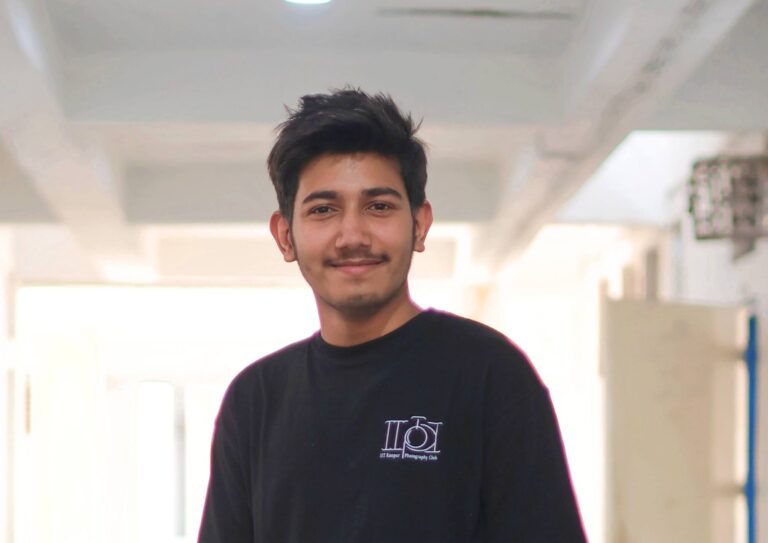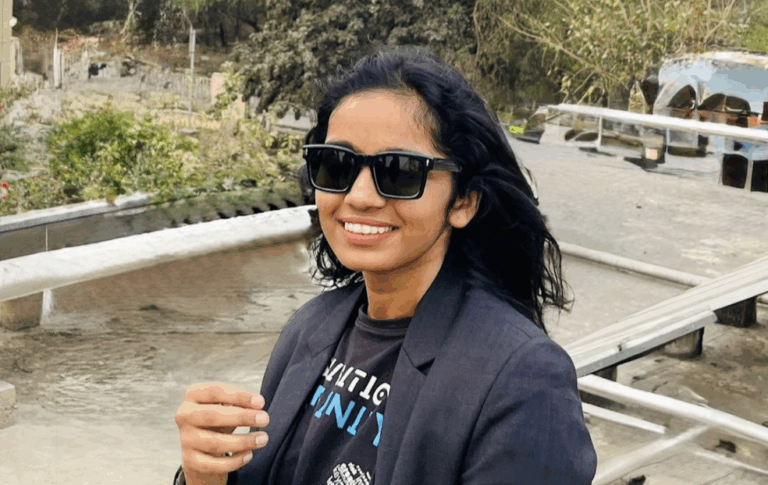Debarsho Sannyasi is a graduating Y18 student from the Department of Computer Science and Engineering. He pens down his time at IITK highlighting his decisions and learnings.
Disclaimer:- The views presented below are the author’s own and are not in any manner representative of the views of Vox Populi as a body or IIT Kanpur in general. This is an informal account of the author’s experiences at IIT-K.
I arrived at IITK with an open mind and a ‘go with the flow’ nature without preconceived expectations. My sole goal was to make these four years worthwhile and be academically ahead of the curve. The competitive nature of JEE days left a deep imprint on me. To be honest, I arrived at IITK with a similar mindset. I was not interested in any specific branches, and I got into the electrical department only due to my JEE rank. This article will highlight the most critical phases of my journey, decisions, and learnings.
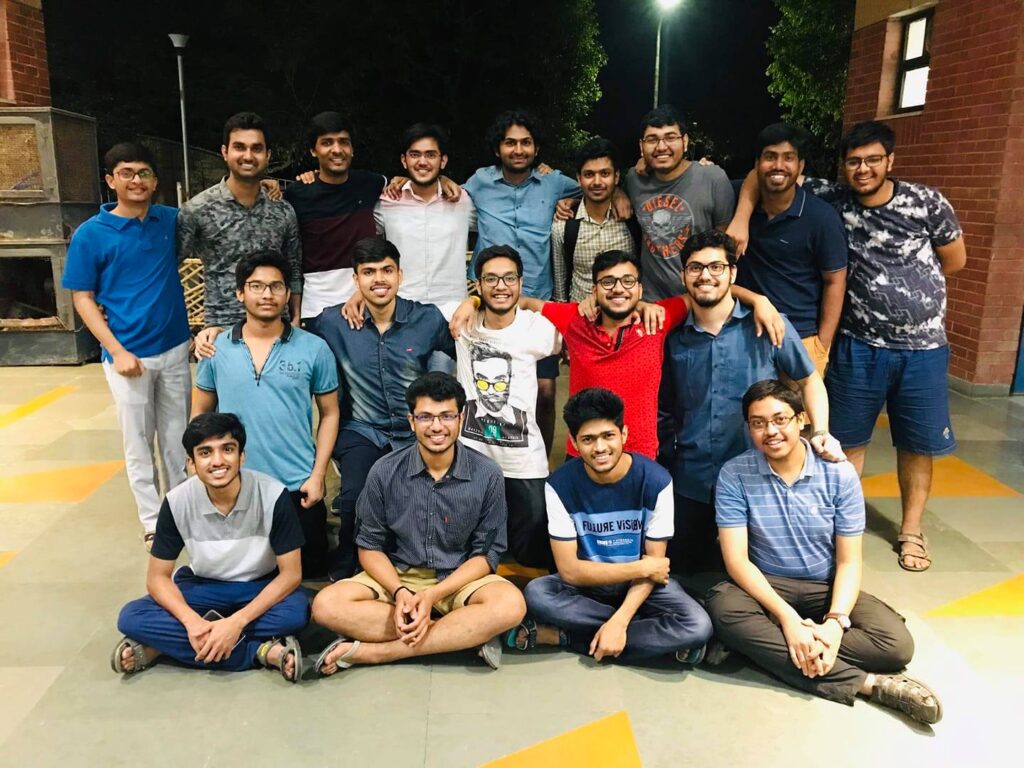
Story of My Branch Change
Having studied Computer science in Classes 11 and 12, I had a gut feeling that computer science subjects would interest me. I learned that branch change to CSE is only possible with a double dassa. On the bright side, IIT Kanpur does not consider the JEE ranks (unlike some other IITs) for branch change. Also, around 10-15% of students receive an A grade in each course. Thus I started believing in the possibility of branch change. The most challenging part of achieving double dassa is that one can not slack off even slightly. It requires performing considerably well throughout the semester in all the courses. Still, somehow I felt that being in the top 50-60 students in a class of 450 students is realistically possible.
We are taught many courses in our first year, and most of us have personal preferences during our JEE days. I have seen many people having a biased notion of some courses at the very beginning itself due to their JEE preferences which usually leads to disinterest and poor results in those courses. On the contrary, I believe that we should approach the courses at IITK with an open mind as they have stark differences from the ones taught during JEE. Seeing the courses as a means to expand our knowledge will surely help to drive away from the monotonous nature of some courses. But that is how things are because for a double dassa, you have to score well in those courses in which you are not interested. So why not approach them positively. Also, please do not take any course component lightly, no matter how small its weightage is. I know cases where an A grade is missed by the barest of the margins. Revise the course materials such as slides, lecture notes, assignments, etc., as much as possible so that the content is at your fingertips. The majority of the questions are from these only. Having followed the above steps, I performed pretty well in all my courses in the first year. Another essential factor is to try and not give up till there is some chance left, however slight. There have been instances when I initially lacked behind in a course. Still, I could eventually make up for it because I believed in the slim chances left. The day when I received my second-semester grades, which confirmed my double dassa was genuinely enthralling. The best feeling in life is succeeding in things you have worked on the hardest.
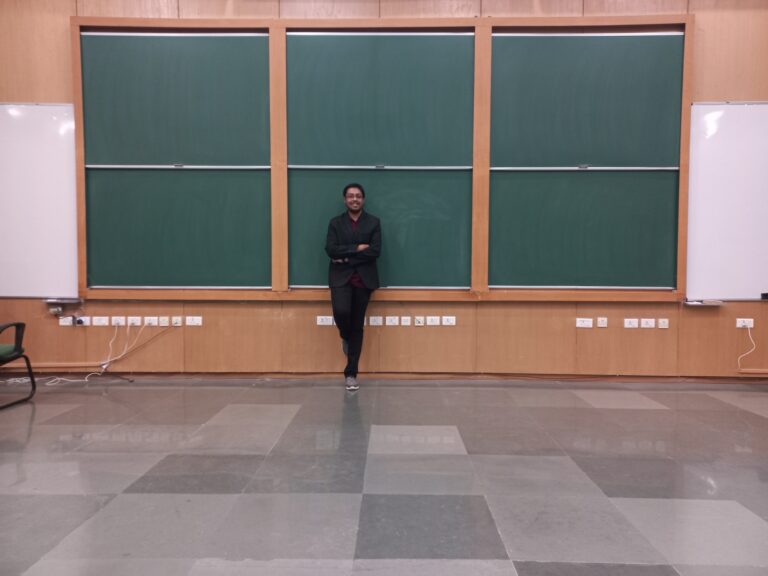
The Priorities We Make
Despite scoring well, my first-year journey was not as smooth as silk. From the initial days, I wanted to maximise the possibility of getting double dassa. I used to think of any other activity as an element of time waste that would eventually decrease my likelihood. Therefore, I did not participate even in a single event organised for freshers. I was not involved in interhall competitions like Galaxy and Takneek, and none of the clubs or societies. The hall meetings addressed by the HECs for such events were a complete bootless errand for me. I spent my maximum time either attending lectures or in my room. My interactions with my roommate and wingmates were minimal, and I was almost always engrossed in my acads. And these pretty much set the tone for the rest of my journey at IITK. Was this the correct decision? Looking back, I now realise that it was my inability and lack of confidence to manage things simultaneously. But there are very few who can get themselves actively involved and maintain stellar grades in the first year, and I was not one of them. For me, branch change had the highest priority above anything else. I could not experiment with it, as it was only a one-time opportunity. I would still consider this to be among the good decisions I made. My gut feeling proved correct by getting a branch change to CSE, and I enjoyed most of the CSE coursework. In fact, I have done almost all my OE credits in CSE courses. It has also helped immensely in my internship and placement season, as some of the required preparation overlapped with my coursework. Placement preparation alongside the hectic curriculum of the electrical department is quite daunting. I still won’t change my decision if given a chance. One cannot do everything. There are always things left behind. What is essential is to be confident in your decisions/choices and not be scared to let things go. Having said this, I have learned quite late the importance of good friends and healthy relations in our lives. Hence, I have realised that one should learn multitasking and efficient time management as early as possible and should always set priorities.
I want to emphasise an aspect that I feel is important. The first-year interhall events witness massive participation from freshers. Most of them are either forced or persuaded by seniors or peers. The preparation for these events is weeks before the event. It is highly time and energy-consuming, which almost always disrupts the academic flow of a student. Despite the large footfall of participation, very few of them can pursue it forward or gain something fruitful out of it, damaging their first-year grades. Although a good CPI is not a key to everything, still it does not make sense to screw up your first-year CPI due to over-participation and involvement in random activities. The first year is the best and most accessible opportunity to score big for most. Poor first-year CGPA leaves very little time for recovery for the internship season after the 2nd year. It is best to participate in selective events that actually interest you and not get swayed away by pressure from seniors and peers. It will help laser focus on only those particular activities and not hamper academics.
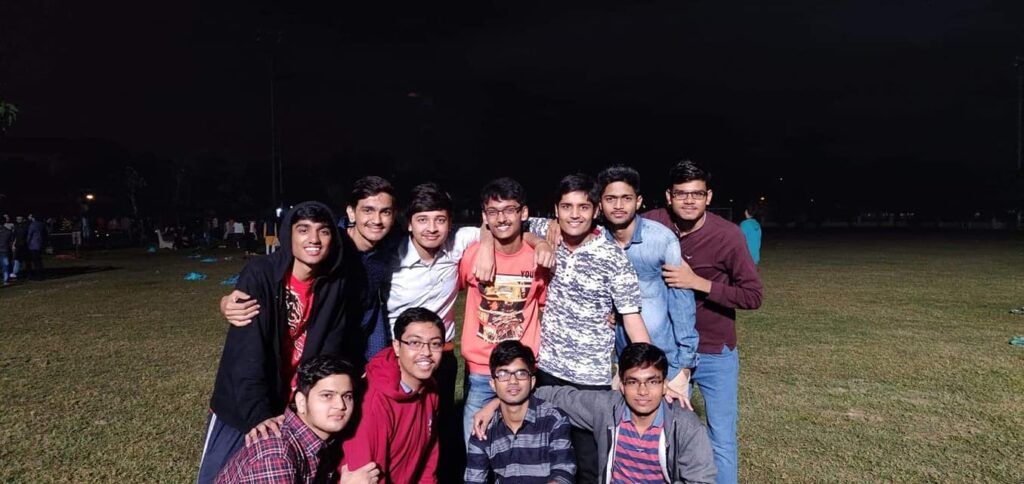
Online Internship and Placement Season
The mistakes during my internship season have prepared me well for the placements season. I had kept my 7th semester very light. For the internship, I had practised CP from Codeforces, but it did not help much. Having studied the theory well in my algorithms courses, I mainly focused on hard questions in Leetcode for my placements. Unlike CodeForces, Leetcode contains more algorithmic questions whose pattern is similar to the company tests. But CodeForces might help you get familiarised with the time-constrained environment. You can test yourself periodically on this platform. As there are so many things to prepare within a limited time, I did not hesitate to refer to the solutions to the Leetcode problems regularly. However, I made sure I completely understood the problem and its solution before moving on. This method helped me cover a large number of problems in less time.
Along with the software profiles, I also aimed for the Quant profile in HFTs. For these, probability, statistics, and puzzles were much more critical than CP. Most HFTs conduct separate quant and software profile tests, and CP is not present in quant tests. I started with the book ’50 Challenging Problems in Probability’, then moved on to brainstellar.com, and ended with the first few chapters of the book ‘A Practical Guide To Quantitative Finance Interviews’ by Xinfeng Zhou. These are the best resources for quant preparation and almost cover everything required. Many companies ask similar questions in their tests and interviews, so it is crucial to solve these problems repeatedly. Mark the critical problems or problems with a unique solution and visit them periodically. The preparation helped me a lot. I got shortlisted by many companies on day one and successfully got offers from my topmost preferences. The best advice I would give is to remain calm during the whole placement season. Do sufficient preparation in a time-efficient manner, and always look forward to the following tests and interviews.
We were called back to the campus during our final semester. By then, I had realised that I needed to make the best of it and do things that I had missed during my first year. It was difficult initially, and I often felt the sense of missing out on so much fun. Eventually, I had some best memories of my time at IITK. IIT Kanpur and the CSE department hold a special place in my heart. I still remember being awestruck seeing the grandeur of IITK during orientation. In the last few days, I would roam around the campus, visit those spots I had not visited yet, and relive the moments for the last time. My journey was full of ups and downs but, most importantly, of learnings and humbling experiences. Over these years, there are a few things that I wish to have approached differently, taken more risks, and gone out of my comfort zone at times. But overall, I am pleased with the outcome. I had achieved the things I prioritised the most. Still, I learned that some things that I did not prioritise also have significant importance in that process. I will try to incorporate these learnings into my life in the future. IIT Kanpur is a place that provides an ocean of choices and opportunities. Still, you must be aware that your time is limited. Every time you complete one thing, there is always a thing waiting with open claws to gulp you up. So make your decisions and set your priorities carefully. Till then, adios IIT Kanpur. Feel free to reach out or ping me if you feel I can help you in any way:)– All the best for your journey at IITK.
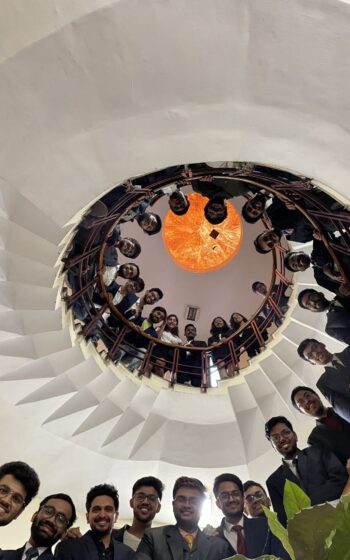
Written by: Debarsho Sannyasi
Edited by: Tanya Soni, Bhavya Sikarwar





